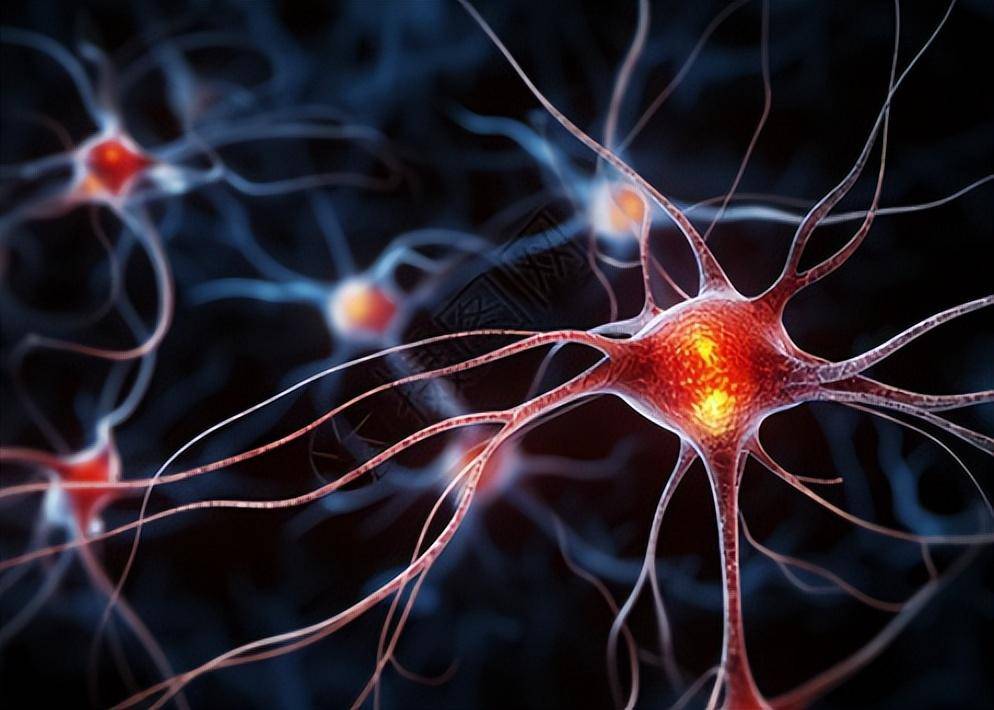The Enduring Legacy of Books as Lifelong Companions
In an epoch defined by digital proliferation, the profound significance of books endures as a cornerstone of human intellectual heritage. As André Maurois astutely observed, "A man is known by the books he reads, for there is a companionship of books as well as of men." This essay explores how literature transcends temporal and cultural boundaries to serve as an immutable source of enlightenment and solace.





